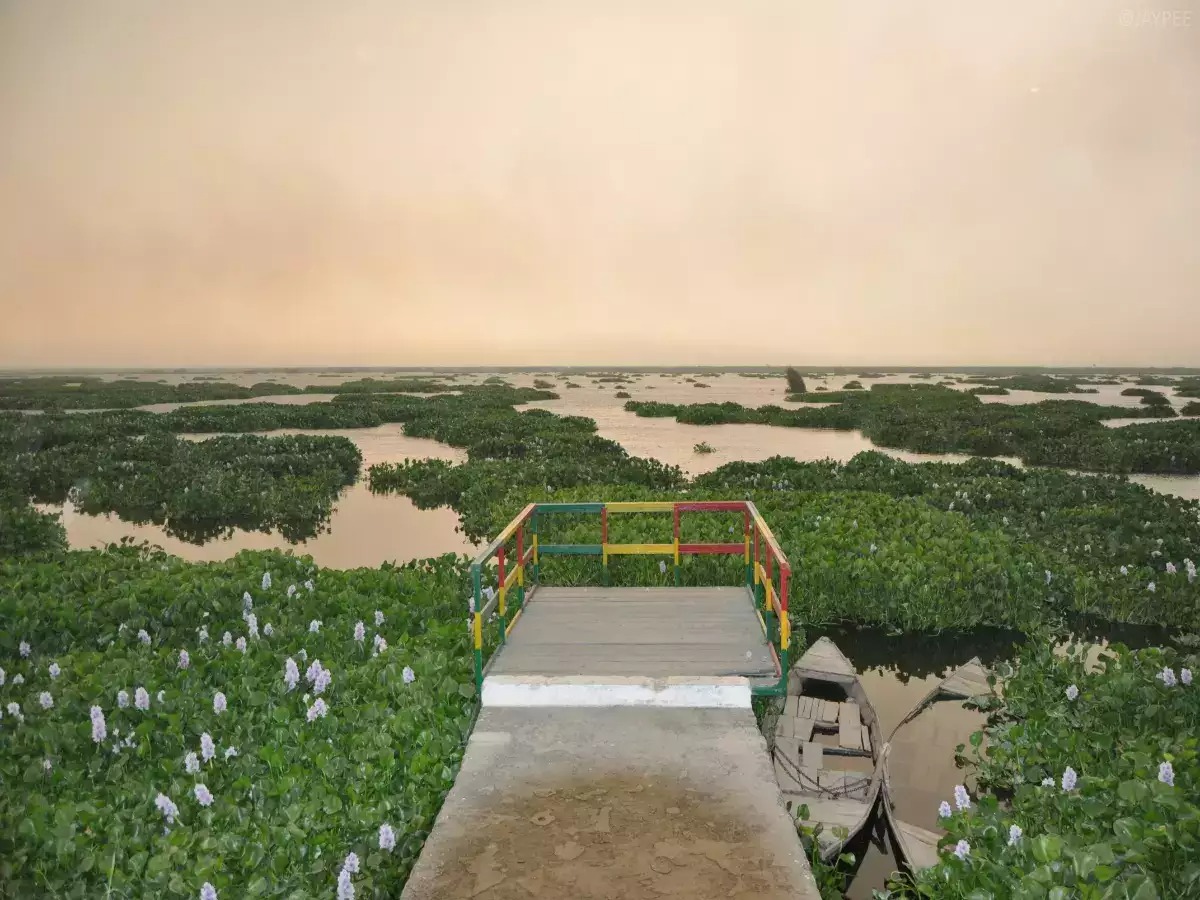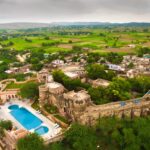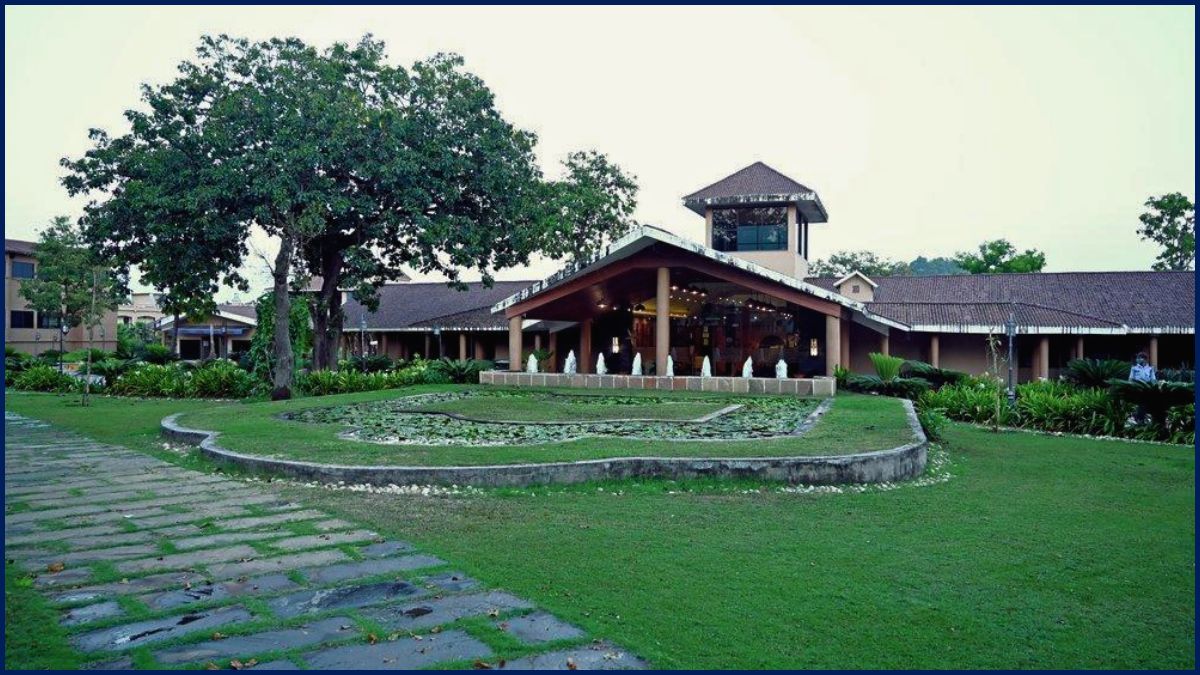Discover the Ecological Gem of Punjab: Harike Wetlands
Punjab, renowned for its lush farmlands and vibrant culture, is also the proud custodian of one of India’s most ecologically vital treasures – the Harike Wetlands. Stretching across the districts of Tarn Taran Sahib, Ferozepur, and Kapurthala, these wetlands occupy a significant place in Punjab’s natural heritage, amidst a landscape dominated by agriculture.
Encompassing an impressive expanse of approximately 41 square kilometers, the origins of the Harike Wetlands can be traced to the harmonious confluence of the Beas and Sutlej rivers.
For those uninitiated, the Harike Wetlands are an enchanting sanctuary for a diverse range of flora and fauna. Annually, these wetlands play host to over 360 avian species, comprising both migratory and resident birds. It is a haven for bird enthusiasts, attracting species like the Northern Pintail, Ruddy Shelduck, and the majestic Black-necked Stork.
This remarkable wetland area earned its stripes as a Ramsar Site in 1990, a global recognition that bolsters the conservation efforts and preserves the habitat for waterfowl and other wildlife. This recognition is not merely a title; it is a crucial guardian of ecological equilibrium in the region.
Fifteen years ago, in 2008, the endangered Indus river dolphin made its debut appearance in Harike, making headlines and prompting more stringent measures to safeguard and nurture the wetlands.
However, akin to many ecologically significant sites in India and worldwide, Harike faces daily challenges. Pollution looms as a formidable adversary, as the wetlands contend with domestic and industrial waste, as well as agricultural runoff that may carry potentially harmful chemicals. The risk of contamination is ever-present.
In addition to the pollution battle, invasive plant species, such as the water hyacinth, threaten to choke the wetlands. Unauthorized land encroachments and the reclamation of wetland areas for agriculture and urban development further compound the challenges, affecting the delicate balance of wildlife habitats.
To counter these adversities, government agencies and dedicated conservationists have joined forces to protect and conserve the Harike Wetlands, ensuring the preservation and restoration of the region’s ecological harmony. The collective efforts aim to sustain this natural wonder, ensuring that it continues to thrive as a testament to Punjab’s commitment to its environmental legacy.






